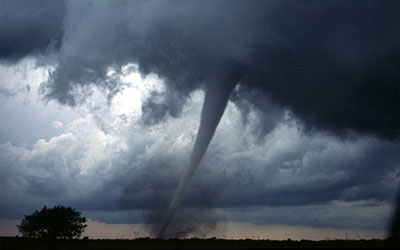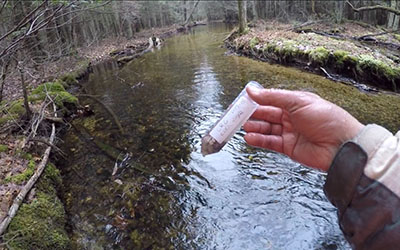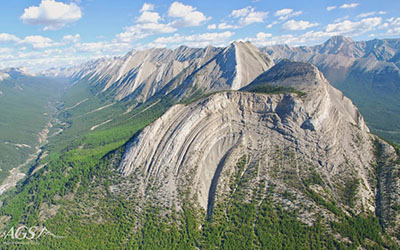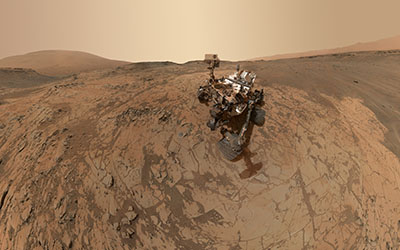We study extreme weather, climate change, and their impacts on both ecosystems and modern society.

Atmospheric Sciences

Environmental Geoscience
We use biology, chemistry, geology, and physics to understand how the Earth System supports such a diversity of life and how human behavior is impacting this system.

Geodata Science Initiative
Data science is the fourth and the newest paradigm of science. In Geodata Science Initiative, we conduct transdisciplinary research, merging or articulating EAPS subject matters with technical areas in data science: statistical and machine learning methods and models, algorithms for the models and methods, and computational environments for data analysis.

Geology and Geophysics
We study the processes that shape our planet, from the building of mountains and oil-bearing sedimentary basins, to the flow of warm rocks and cold glaciers, to the triggering of earthquakes.

Planetary Science
We study the evolution of the solar system and how planets evolve over time due to impacts, tectonics, and atmospheric processes, with an eye to the potential for past and future habitability.
Research News
Atmospheric pollution caused by space junk could be a huge problem
02-20-2026
NewScientist — After a Falcon 9 rocket stage burned up in the atmosphere, vaporised lithium and other metals drifted over Europe. This growing type of pollution could destroy ozone and form climate-warming clouds. EAPS's Dan Cziczo was quoted in the article.
As Earth slowed its spin, oceans may have tipped the balance for life
02-16-2026
Earth has not always rotated at the same speed it does today. Over the roughly 4 billion years that life has existed on the planet, Earth's rotation has gradually slowed, lengthening days and quietly reshaping the oceans. New research from Purdue University suggests that this planetary slowdown may have played an important role in making Earth's oceans more hospitable for life
Why Are Thunderstorms More Intense Over Land Than Ocean?
02-13-2026
EOS — A new perspective on convective instability sheds light on the factors controlling intensity in the rising motions that produce precipitation, and occasionally thunder and lightning, over land. EAPS Professor Dan Chavas was part of the research group.
Purdue grad plays major role in NASA’s Artemis II mission
02-13-2026
FOX59/CBS4 — The historic Artemis II launch has been postponed to March following technical difficulties identified during a wet dress rehearsal on Feb. 6, including operational issues from the bitter cold and a hydrogen leak in the Space Launch System (SLS) Rocket. EAPS's Briony Horgan was interviewed for this article.
February staff recognition for dedicated years of service
02-10-2026
Purdue Today has launched a new monthly feature celebrating Purdue staff members in West Lafayette and Indianapolis who have dedicated 10 or more years of service to the university. EAPS's Senior Administrative Assistant, Tracy McGirt, is celebrating 15 years of service at Purdue!